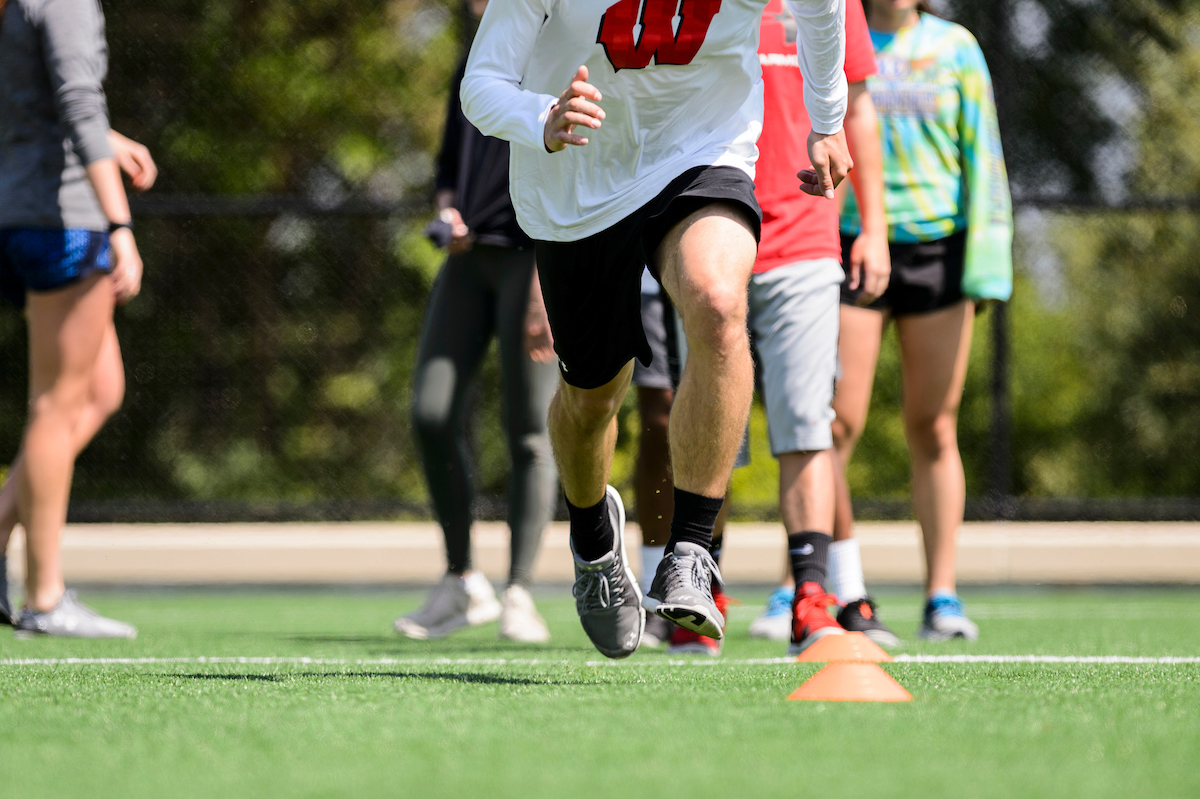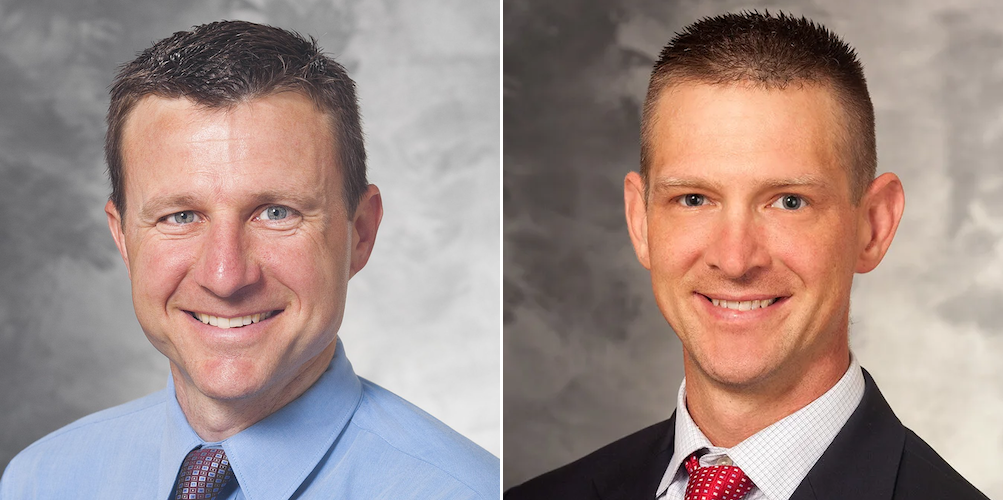2022 Freedom of Movement Grant Recipients Announced
 Two New Projects Funded in 2022
Two New Projects Funded in 2022
With the beginning of the new year, comes new research opportunities. The University of Wisconsin Department of Orthopedics and Rehabilitation developed The Freedom of Movement Fund to support basic science, clinical, and translational research efforts. For the second time, we were able to fund two very important projects that align strongly with our research goals as a Department.
Congratulations to the research teams, and their selected projects!
“The Freedom of Movement Fund has grown to be such an essential way to support new novel research and the work of our new investigators. It has now funded seven exciting projects. This early work will often lead to additional external funding.
We can’t thank our donors and our UW Orthopedic Development Board enough for their support and generosity!”
– Dr. Thomas Zdeblick
Chair, UW Department of Orthopedics and Rehabilitation
2022 Grant Recipients
Determination of Mechanical and Sensory Dysfunction of Ligaments in the Osteoarthritic Knee
 Principal Investigator:
Principal Investigator:
Joshua D. Roth, PhD
Co-Investigators:
Brian Walczak, DO, PhD
Lesley Arant, MS
Study Background
Despite acknowledgment that osteoarthritis impacts the entire knee, much of the research on osteoarthritic (OA) changes in the tissues of the knee has focused on the articular cartilage and subchondral bone. However, increases in joint laxity in patients without radiographic evidence of changes to the articular cartilage and subchondral bone suggest that changes in ligament function occur early in the OA disease process. Because ligaments have critical mechanical and sensory roles in maintaining knee health, disruptions in their function likely drive poor knee mechanics that accelerate the degradation of other joint tissues.
Our expected outcome is to establish that OA-induced ligament dysfunction progresses with OA disease progression. Personalized treatments accounting for this ligament dysfunction should allow clinicians to restore more normal knee mechanics across OA-severities. In turn, this should slow osteoarthritis progression and create a more normal mechanical environment for reparative and regenerative treatment.
The Influence of Mindfulness on Patient-Reported Outcomes and Readiness to Return to Sport Following Anterior Cruciate Ligament Reconstruction Surgery
 Principal Investigators:
Principal Investigators:
Drew Watson, MD, MS and Brian Walczak, DO, PhD
Co-Investigators:
M. Alison Brooks, MD, MPH
Richard Davidson, PhD
Claudia Reardon, MD
Study Background
Anterior cruciate ligament (ACL) injuries remain an unfortunately common, serious issue among adolescents, with significant long-term impacts on well-being. Despite considerable prior research in this area, ACL reconstruction surgery continues to be complicated by low rates of return to sport and significant psychological distress. Athletes report prolonged fear of re-injury, post-traumatic stress symptoms, and low return to sport rates. Additionally, there is a growing body of evidence to suggest that severe injuries can have prolonged negative impacts on quality of life and potentially serve as a trigger for the development of mental illness.
Nonetheless, there is little information regarding interventions to improve psychosocial outcomes after ACL reconstruction.
The goal of this research is to evaluate the efficacy of mindfulness training to improve short-term outcomes following ACL reconstruction, as well as the factors that influence both efficacy and participant compliance. This will lead directly to extramural funding to support a larger clinical trial with extended follow-up to evaluate the effect of mindfulness on return to sport and re-injury rates following ACL reconstruction.
To learn more about the Freedom of Movement fund, visit these additional resources:
